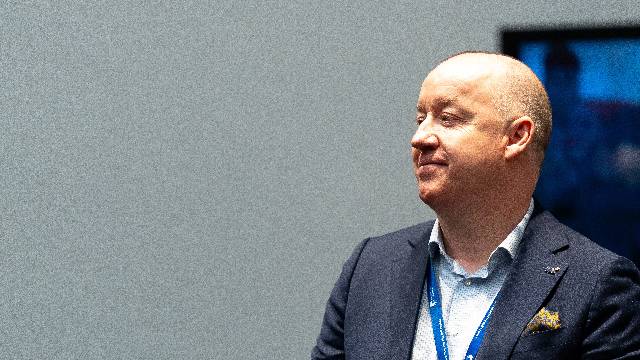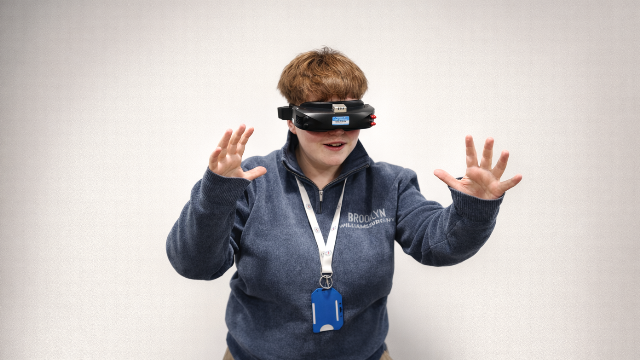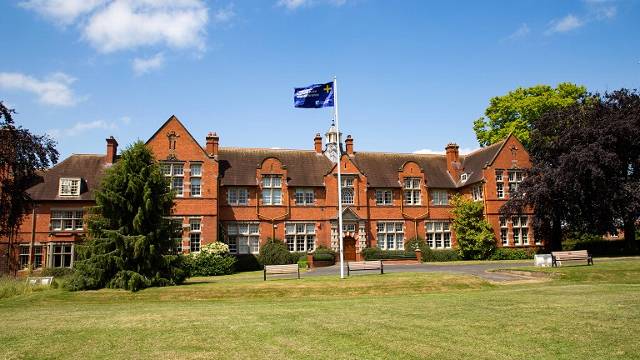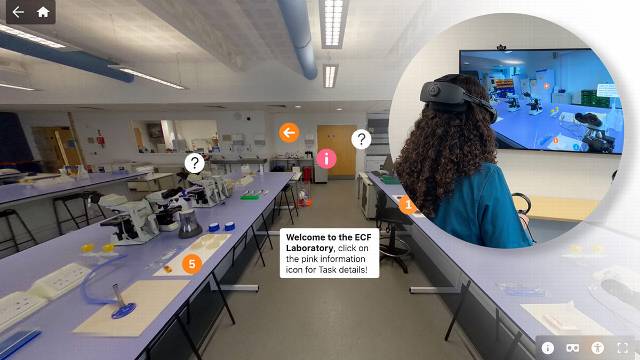The ’s Future Farmer Programme, delivered with Tesco, has just seen its second cohort complete nine months of training in sustainability, leadership and profitability.
In this guest blog, the School’s Business Development Manager Alex Hardie looks back at this year’s programme – and what it’s meant for this year’s participants.

Impact.
We talk about it a lot. It's why most of us do what we do. I'm no exception.
I know what we do makes an impact...
I was heading out the door to work this morning when I decided to check my emails for anything urgent.
This is a strategically unsound habit of mine - because firstly, I'll only think about it all the way to the office and secondly, I'm not going to do anything about it until then anyway.
There were one or two urgent emails - and then I noticed a name I recognised but hadn't seen in my inbox before. It was one of our Future Farmers telling me she'd had an amazing time over the last nine months, making connections and learning more than she'd ever expected having applied - and subsequently winning a place on the programme - almost 18 months ago.
I don't mind telling you I had a little moment. That message landed perfectly timed to tug at the heart strings. It's not that I was feeling especially reflective, it's just that there's never a bad time to hear somebody has felt the impact of the work you've put in.
Because who wouldn't like that?
The Future Farmer Programme supports 75 farmers all under age 40, kindly sponsored by Tesco.
It helps them to learn about sustainable production, sustainable people and sustainable business. It takes those individuals all over the UK, meeting other food producers and – crucially - experiencing their work, and hearing valuable insights from some of the most thoughtful people in our industry.
Knowledge exchange is a funny old thing.
Competitive advantage is of course paramount for many a successful business - and knowledge is arguably the most important competitive advantage a business can have.
What I find in agriculture is a willingness to share.
It was our great colleague Ben Williams at Leprino Foods who said "no farmer sets out to destroy the land" and he is of course absolutely right.
We mustn't forget that when we think about the challenges of producing food, turning a profit and farming with the environment.
Now two years in to the Future Farmer Programme, we've had the pleasure of meeting more than 140 young farming professionals who are all interested to learn how they can make their businesses more sustainable.
And here's the thing: no business is sustainable without making a profit.
That might sound like stating the obvious. But it's amazing how many farmers don't put it at the centre of their strategies.
What our programme helps our Future Farmers to learn is there are more factors influencing sustainable production than just inputs, animal health, carbon sequestration and cleaner water.
Sustainable production means learning about the imperatives of the supply chain, yes. But it also needs us all to look at the people we have in our teams, how we develop them, our systems and processes.
We're shortly closing applications for our next cohort () and if I know anything I know this: we'll keep listening, our programme will develop and the individuals who join us on the journey will deliver real impact for the food production system they know and love.
They might even email me to tell me about it - and those are emails I'll always be extremely happy to read, any day any time.
 Blog: Leadership lessons for engineering undergraduates
Harper Adams engineering students don't just learn engineering - we seek to equip our graduates with a range of skills and knowledge to help …
Posted
Today
Blog: Leadership lessons for engineering undergraduates
Harper Adams engineering students don't just learn engineering - we seek to equip our graduates with a range of skills and knowledge to help …
Posted
Today





